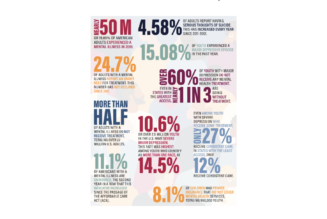The encrypted messaging service is opening up a limited public test ahead of the feature’s expected launch next year.
Share this story

Signal is publicly testing letting users add usernames to their accounts so they don’t have to share their phone number to connect via the encrypted messaging service. The test was announced via a post on the Signal forums by VP of engineering Jim O’Leary, who referred to the feature as “pre-beta” and warned that there’ll be rough edges including crashes and broken push notifications. An official release is planned for early 2024, Signal president Meredith Whittaker recently announced.
Support for usernames is significant for the messaging service, which markets itself as a private and secure way to communicate. Although accounts will still be associated with a traditional mobile number at setup, the username feature means you’ll be able to connect with and message other users without having to share what can be an important personally identifiable piece of information.
A screenshot of the feature posted on X says Signal users will be able to share their usernames using a unique QR code or link. Once a username is set up, the screenshot suggests you’ll be able to set it as the primary way by which you can be contacted on Signal, and can prevent a phone number from being shared via your profile.
Signal has been working on the feature for a long time. PCMag points to a note in the service’s wiki mentioning that signs of the feature cropped up as early as 2019, and Whittaker has been open about the Signal’s plans for it. There are indicators that competitor WhatsApp is working on a similar feature, though the Meta-owned messaging service is typically less open about its future development plans.
While the username feature comes with privacy benefits, it also comes with the potential for abuse. In 2021, when we reported on Signal’s plans for the feature, we pointed out that being able to set usernames introduces the possibility of users impersonating others.
If you want to give the pre-beta feature a try, O’Leary’s post notes that it’s available for test across Android, Desktop, and iOS. But the ease of installing these test clients varies, and you’ll only be able to talk to other users running similar pre-release software. In other words; this is test software meant mainly for testing, not daily chatting.








